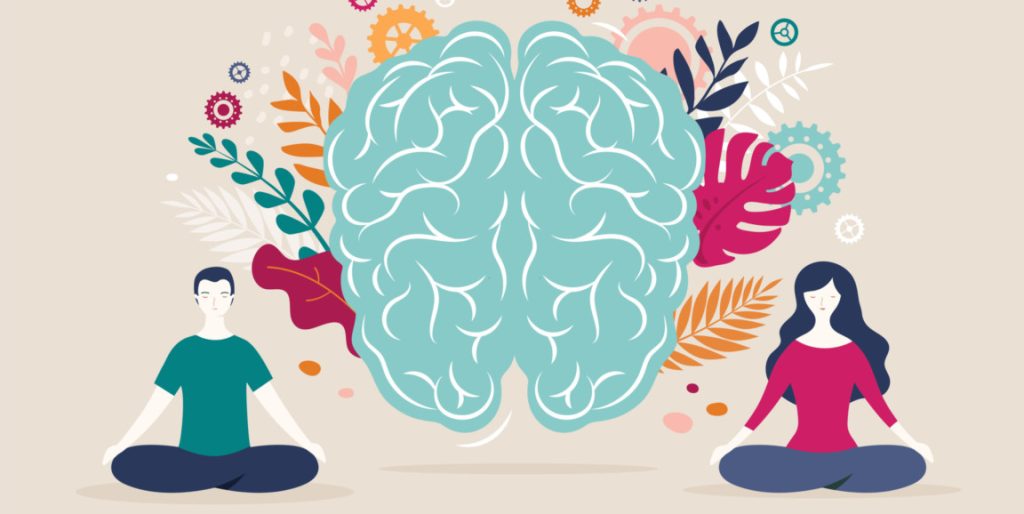Peer support groups have become a vital resource for teens struggling with mental health challenges, providing a sense of connection, understanding, and empowerment. Adolescence is a period of immense emotional, social, and psychological change, and for many teens, it is also when mental health concerns, such as anxiety, depression, and stress, become more pronounced. Peer support groups offer a safe space where young people can share their experiences, learn coping strategies, and feel less isolated in their struggles. One of the most significant benefits of peer support groups is the sense of belonging they foster. Teenagers often feel misunderstood or alienated when dealing with mental health issues, especially when they believe others cannot relate to their experiences. The shared understanding among peers helps break down the stigma often associated with mental health issues, promoting openness and acceptance. This can be especially important for teens who may be hesitant to seek professional help or talk about their feelings with family members, fearing judgment or rejection.

Moreover, peer support groups offer a space for teens to express themselves freely. In these groups, there is a non-judgmental atmosphere that encourages members to share their thoughts, feelings, and experiences without the fear of criticism. This open communication can be incredibly therapeutic, helping teens to process their emotions and gain perspective on their struggles. By listening to others’ stories, teens also develop empathy, which can enhance their social skills and emotional intelligence. This supportive environment can lead to increased self-awareness and personal growth, as individuals are encouraged to reflect on their mental health and take proactive steps towards improving it. Teens can gain valuable insights from their peers about how to manage stress, anxiety, or other emotional challenges. These strategies may include relaxation techniques, mindfulness practices, or cognitive-behavioral approaches that peers have found effective in their own lives. Sharing practical advice and tips can be empowering, as it allows teens to feel more in control of their mental health and better equipped to navigate difficult situations.
Peer-led discussions also create a platform for exploring various ways to mental health treatment for teens in Arizona, reinforcing the idea that there is no one-size-fits-all solution. In addition to the emotional and practical support provided by peer groups, these settings also encourage a sense of responsibility and leadership. Older or more experienced peers may take on leadership roles within the group, guiding discussions and offering mentorship to newer members. This fosters a sense of purpose and helps teens develop leadership skills that can be beneficial in other areas of their lives. Being able to give back by supporting others not only boosts confidence but also reinforces the idea that everyone has something valuable to contribute. Ultimately, peer support groups empower teens by providing them with the tools, knowledge, and support they need to navigate their mental health challenges. They offer a sense of community, foster self-expression, and promote personal growth, all of which are essential for helping teens develop resilience and a positive outlook on life.